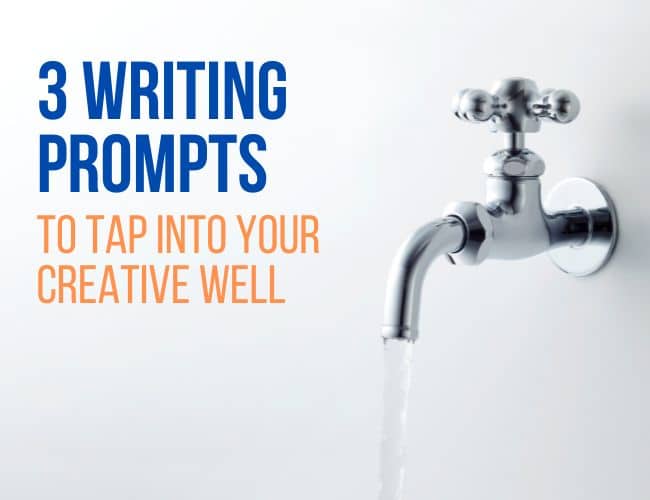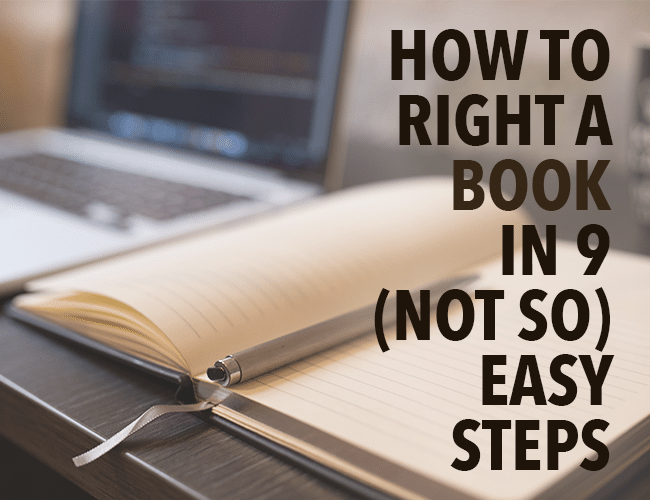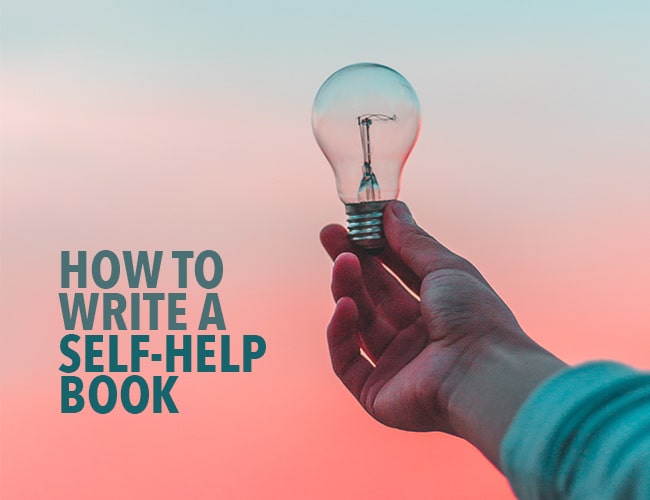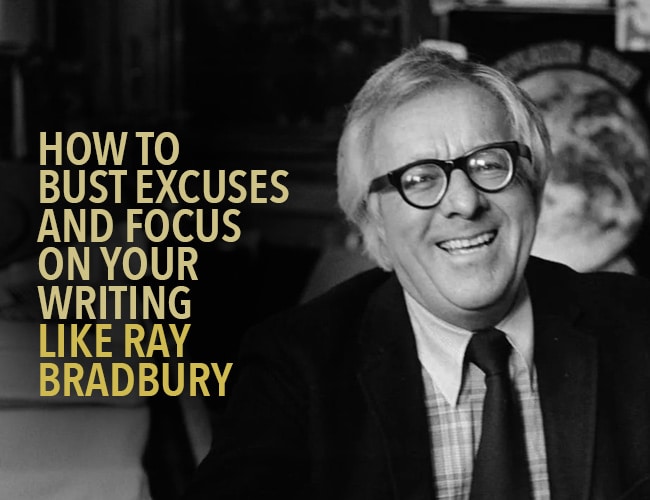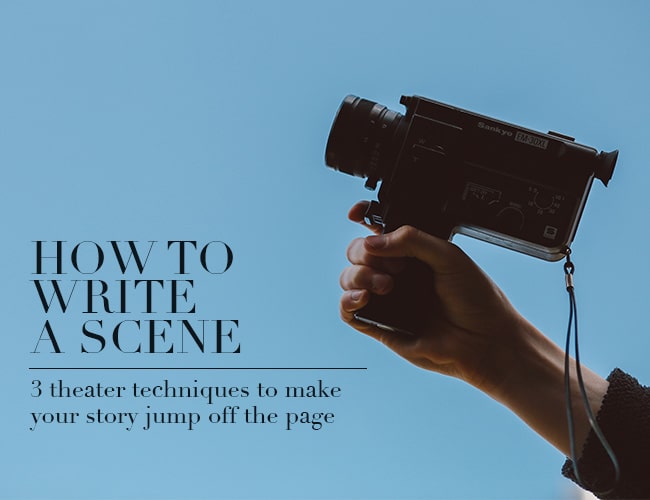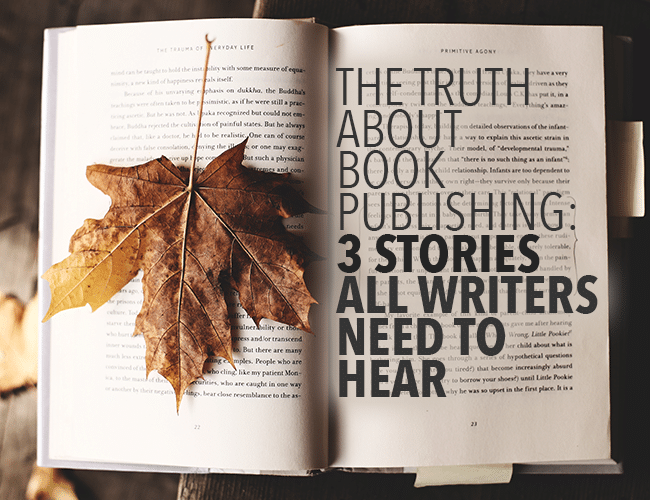We’re on the verge of summer, and that means I’m attending graduations (including my oldest son’s). Whether you are attending one for a friend or family member or yourself, commencement ceremonies are a great place for inspiration and one other thing: cliché-hunting.
Clichés are overused phrases or metaphors that weaken our writing. As writers, we want to hunt down, drag out, and kill clichés in our writing. (I know, the killing metaphor is also probably cliché. I’m still working on it.) Here are some ideas for how to avoid clichés in our writing.

